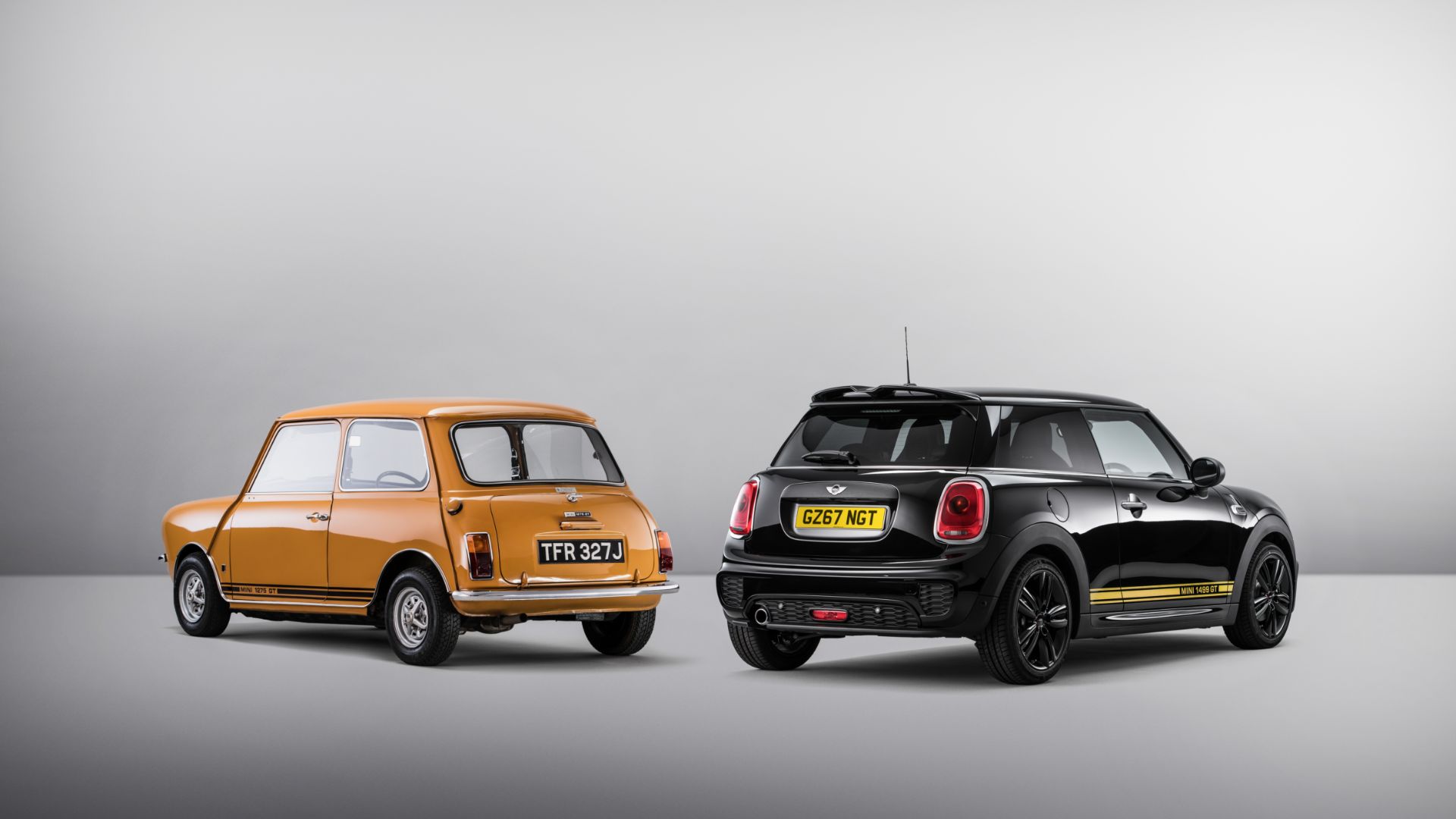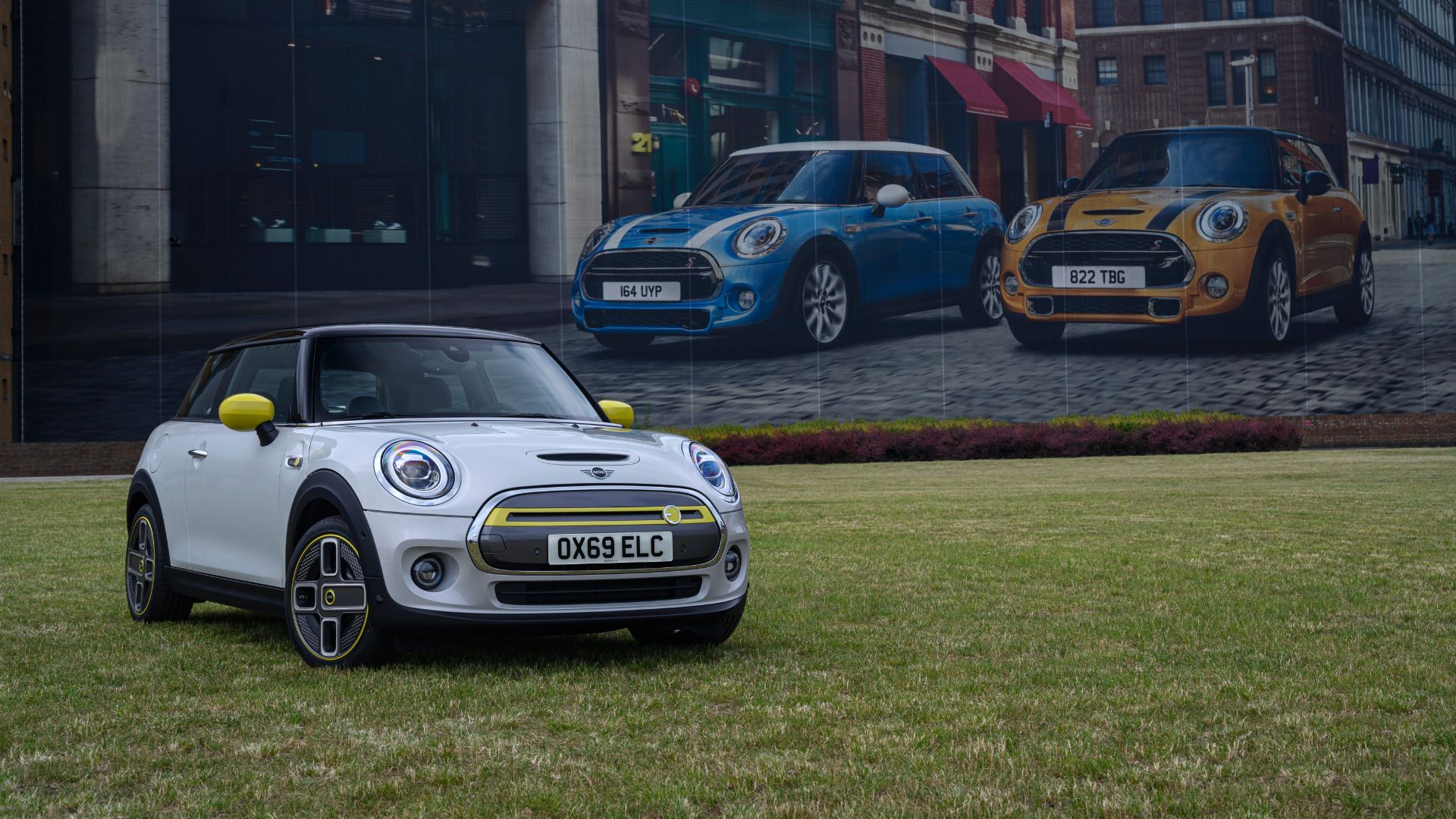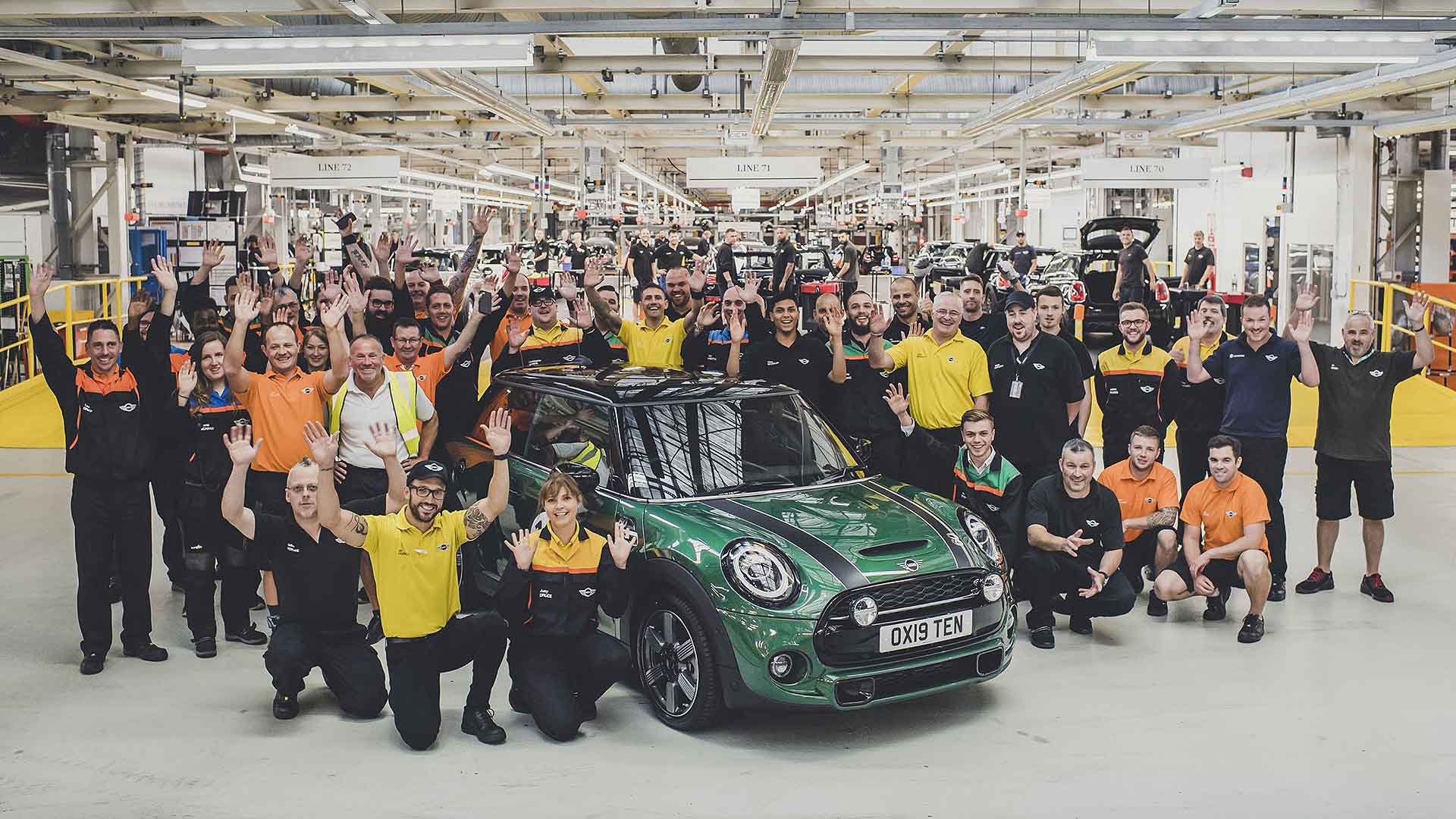
BMW is throttling back on the fourth-generation ‘new’ Mini. The decision is partly due to worries over Britain’s post-Brexit relations with the EU, which muddy the waters in terms of making long-term investments.
“The lifespan of this platform has been extended… for cost reasons and because of Brexit,” said BMW spokesman Maximilian Schoeberl when talking to Reuters.

Last year, BMW Chief Executive Oliver Zipse said the business case would probably not change if the tariffs are “in the range of zero and five percent”. However, if import and export costs are much above that, BMW may be forced to reconsider Oxford’s role, versus its Born facility in the Netherlands.
In 2018, Mini production at the Netherlands facility was up 39 percent on the year before. A total of 211,660 cars, including Mini models and the BMW X1, rolled off the production line. The Oxford plant made 234,501 Minis in 2018.
Ultimately, the all-new model, whenever it arrives, will demand significant updates to both facilities. Exactly what Britain’s relationship is with the EU, financially and otherwise, will directly affect BMW’s decision for that investment.

- Yours for £1.3 million: the BMW that rapper Tupac was shot in
Registrations of the Mini were down 18 percent in December. Overall sales were also down 4.1 percent in 2019, to 346,639 cars.
However, Mini isn’t the only small car manufacturer to have suffered. Expensive emissions upgrades and poor sales recently forced Opel/Vauxhall to drop its Adam and Viva/Karl models.